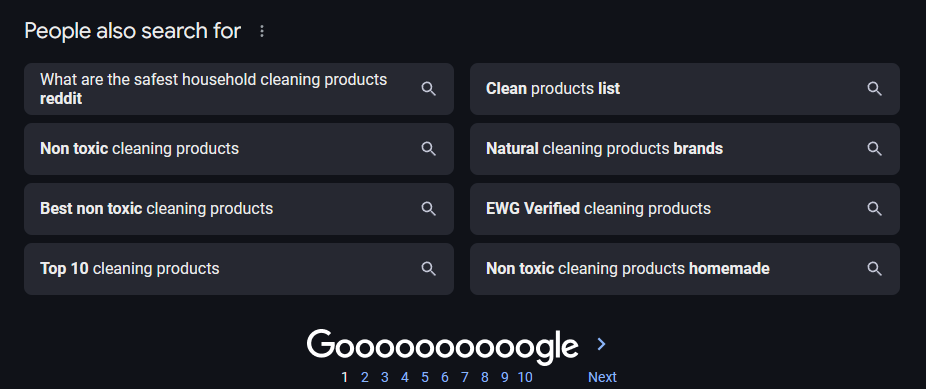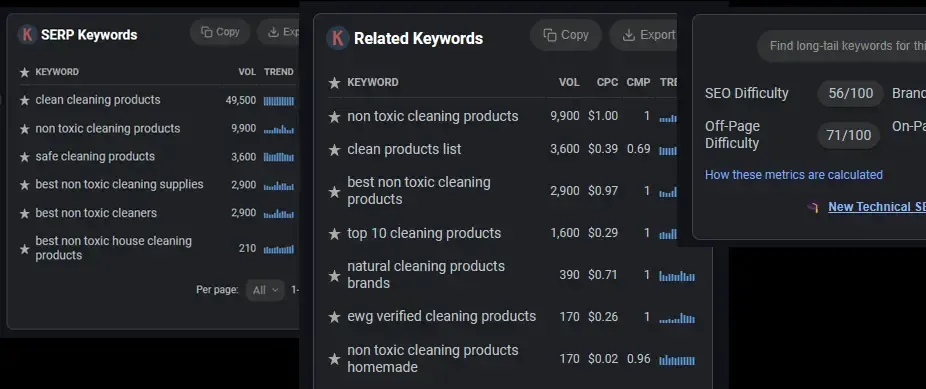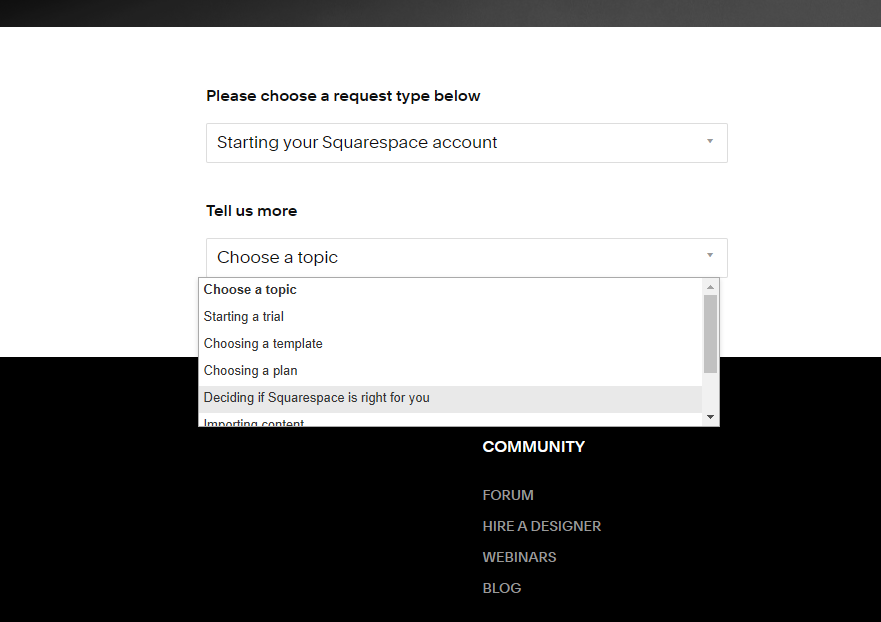I've seen websites go from isolated, clunky HTML table-based structures to flashy but un-indexable Flash sites to our now lightweight SEO-friendly HTML/CSS frameworks. And maybe a few of you may not recall this, but the rise of CMS systems like WIX and Squarespace were technological leaps that completely changed the landscape. They opened the door to millions of small/medium size business that couldn't afford custom web development an opportunity to get online quickly and to easily update their web content.
Drag and Drop it
Taking web development out of the hands of HTML/CSS coders and into the hands of anyone comfortable enough to drag and drop modules onto a blank web page was a significant cost saving for businesses; I know as I was one of those Adobe Dreamweaving web builders that lost clients to CMS's. Honestly, though, I hated making simple content updates to webpages, so it was a welcomed change, especially once I discovered HubSpot.
HubSpot (HS) is a one-stop digital marketing solution that allows you to track virtually every click and conversion across all your web properties. Their platform is so extensive that there are academic courses to get HS certified. But historically, HS was reserved for larger organizations due to their pricing. But I mention them now because they have introduced more affordable entry plans, which offer (allow them to target) small/med businesses looking to grow their online identity
Keywords Everywhere
SEM platforms offer keyword data to those brave enough to run a paid search campaign, but the data is often oversimplified and not very useful for strategic content development. Then there's SEMrush, which offers some of the best Keyword research tools, but the price tag isn't light, and unless you're using it daily, it's an expensive solution for the average business to even consider leveraging.
But a few years ago, I came across a browser plugin that keeps growing and offering more and more data. From Browser search data and trending social hashtags to a built-in plugin for ChatGPT, this little plugin is well worth its $ 60-a-year cost.
The Keywords Everywhere (KE) tool primarily offers longer phrases/search queries, similar to what Google shows at the bottom of its search pages.

But KE provides a lot more data to help you better determine value/popularity.

Helping businesses identify questions that could potentially create valuable answer-based content for improved organic leads.
ZippidyDuda
The convenience of drag-and-drop website building does come at a price, though, often an emotional/psychological cost, for things don't always work as they should. But if you're lucky enough to have been spared the trauma of building anything on the web, you may not know what a strange and unexplainable realm it is.
A perfect example is my anomalous and destructive relationship with WordPress. The reason I refuse to work with it, is a long and strange story, but let me give a "fun" example of what I've experienced; I once had page mysteriously and completely fall apart from just opening the file and looking at it!
Squarespace (SS) is all right, but like WIX, they don't consistently score high with technical SEO, and good luck getting any tech support on SS.
If you're using SS, though, here's a workaround to getting support from a real person. Navigate to their Footer, Contact link, and make sure to choose the following; "Starting your Squarespace account" and "Deciding if Squarespace is right for you".

The "Deciding if SS is right for you" should take you to a Live Chat, not a community board or resource library page.
As mentioned earlier, HubSpot's cost, in the past, has often been a barrier to entry for businesses that can't afford its hefty price tag, but those privileged enough to enter were treated to preferential results as Google's E-E-A-T essentially, but not explicitly correlates larger well-known businesses as more "legitimate" and thus a guilty by association effect was attributed to HS sites, don't believe me well let's just say I've heard it directly from the horse's mouth, though I'm sure no one would publicly admit to this pay-to-play scenario.
So, all this brings me to Duda. I recently discovered them, and I am not going to say their web-building platform is a walk in the park. But the flexibility and creativity to alter everything to get what you want is impressive. Tech support is ok but limited to email; the price tag is a tat-bit-higher than your usual CMS, but unlike other drag-and-drop platforms, Duda prides itself in faster page speed times, a feature most other CMS’s can’t boast about. And again, the power to accommodate and alter between mobile/tablet and desktop is impressive.
Their recent AI additions have been helpful, but page building with their AI can be wonky, I recently utilized this feature but ended up having to rebuild the page from scratch to better accommodate the various screen resolutions. You can learn more about DUDA here.
Everything, Everywhere, All at Once AI
For a detailed summary of how AI can impact your business's digital marketing efforts, read this. But in summary, AI, at the moment, is incredibly helpful, especially for small/medium size businesses offering primarily time-saving costs for mass content development.
Everything from content/SEO research to building a custom, company specific AI servant to expedite content development is all now possible; and for a fraction of the costs compared to hiring a marketing team/agency.
An interesting, cost savings experience was my recent interaction working with ChatGPT "03-mini-high". This particular issue would have traditionally resulted in me having to rebuild the page in order to accommodate the updates or getting budget approval to hire an HS developer to achieve the update.
But a back-forth conversation with "03-mini-high", in-where it asked a series of clarifying questions, we were able to develop custom code that did not adversely affect any pre-existing CSS callouts and achieve exactly what the client wanted. Allowing me to keep the page design intact and for an absolute fraction of the cost of hiring a developer.
The rate of expansion by this technology is of course alarming even to someone like me, but for now human managers are still key in polishing/refining AI's work. If you're interested in learning more, you can contact me here.










